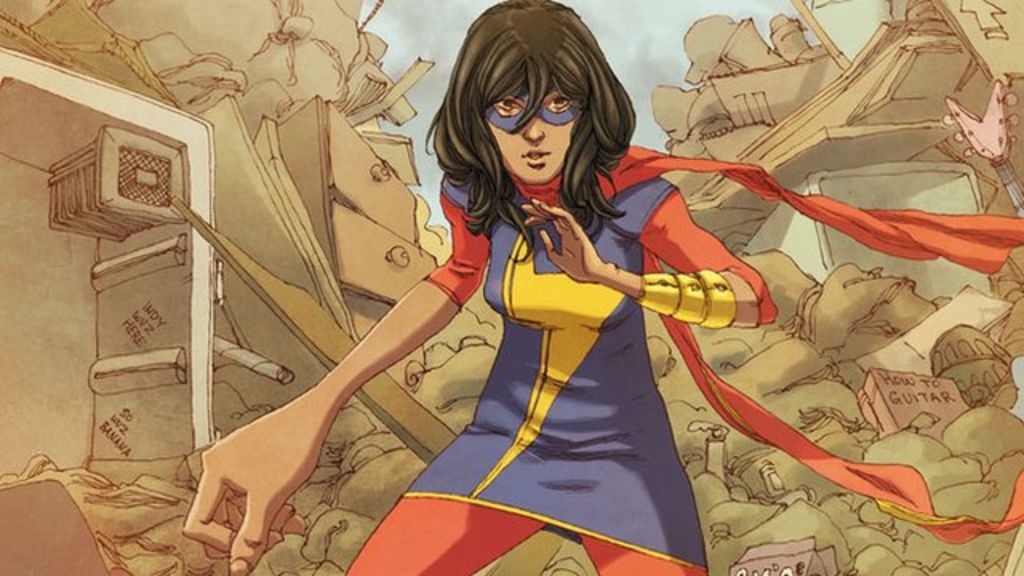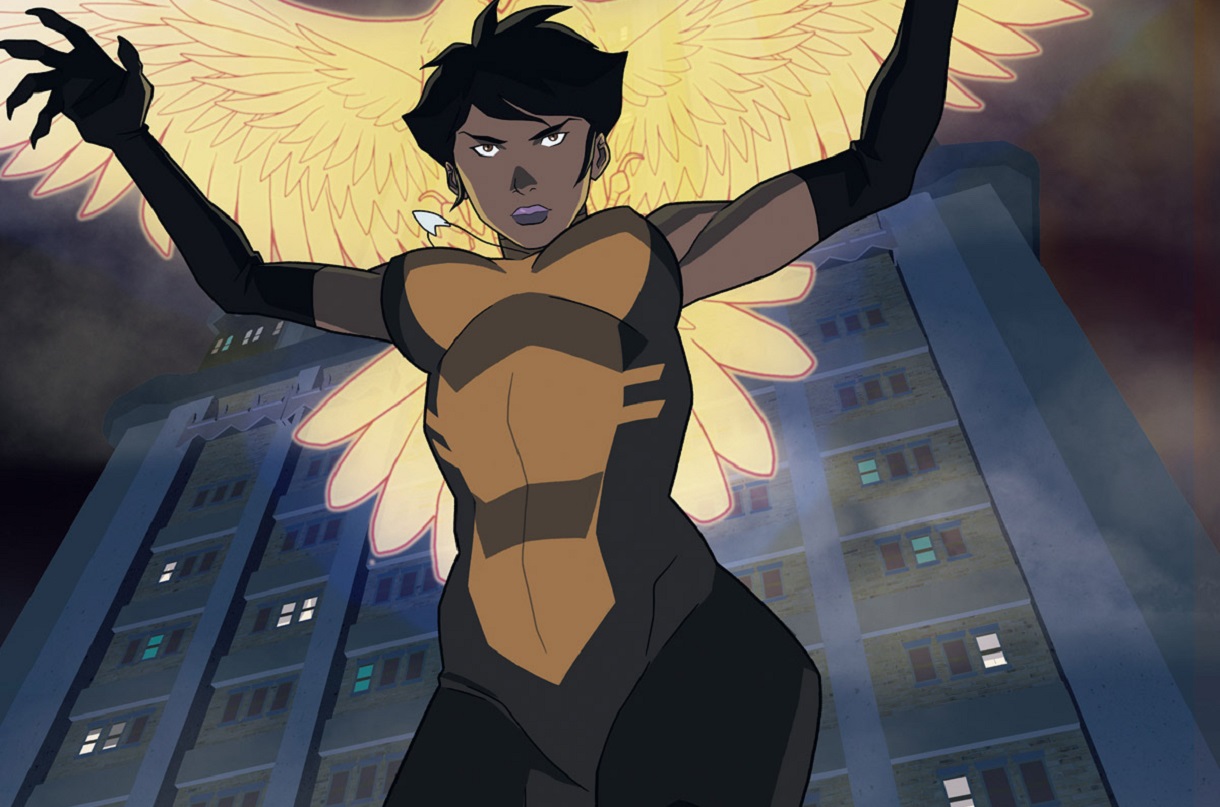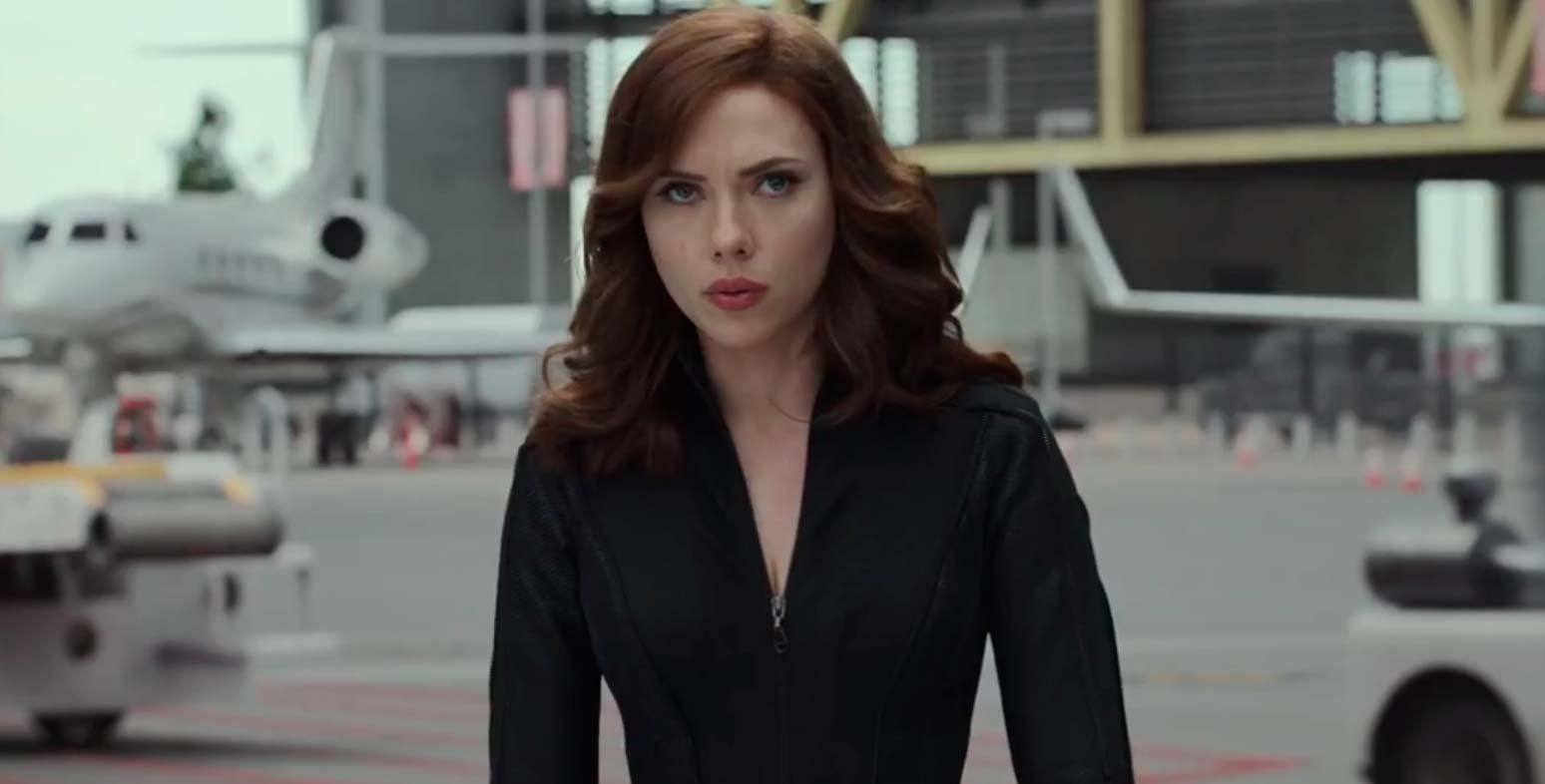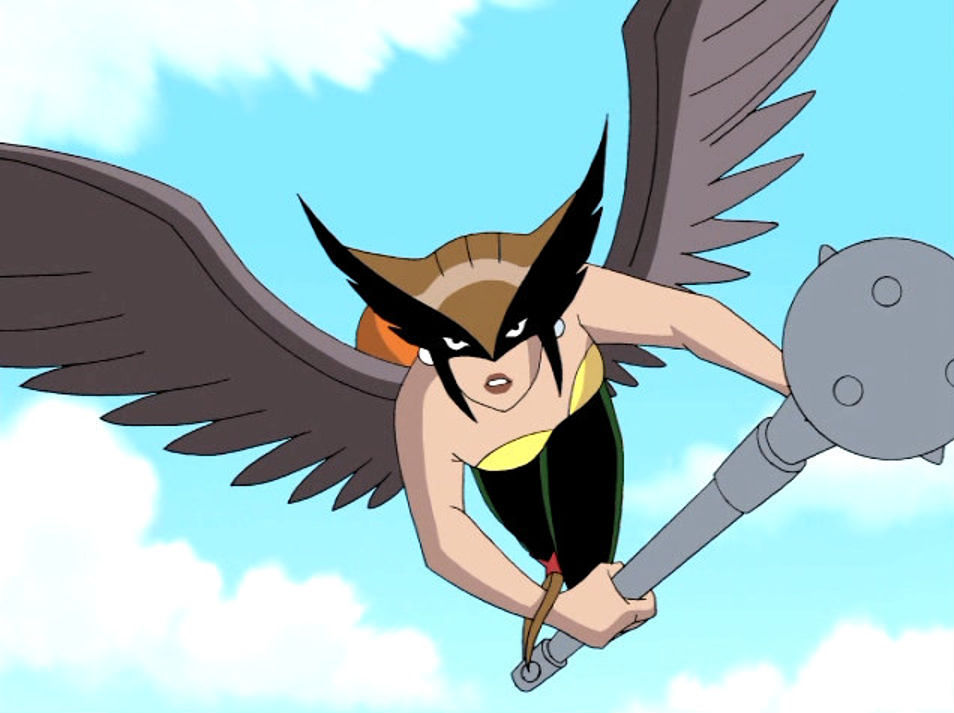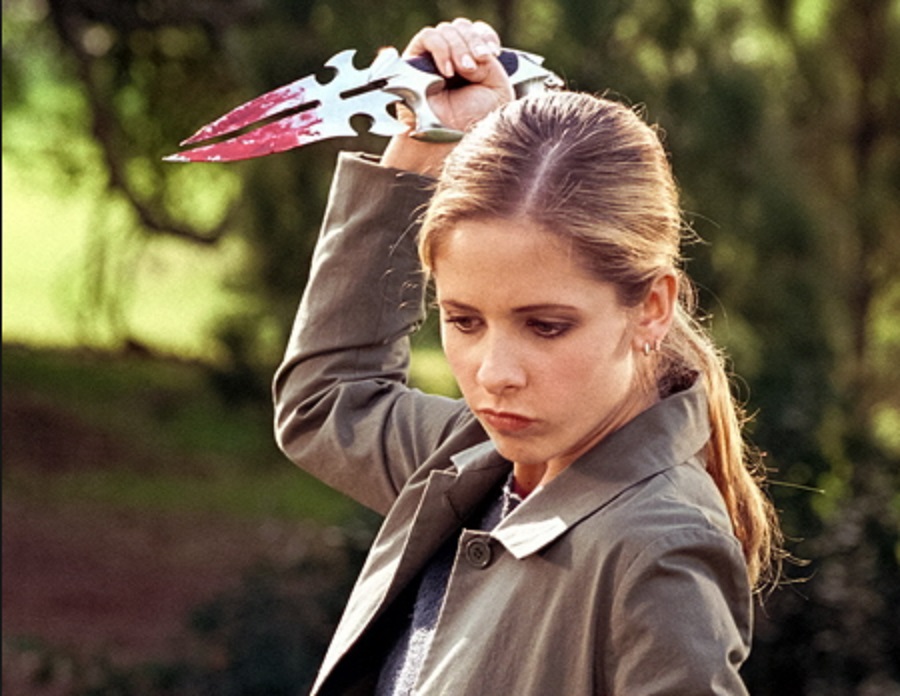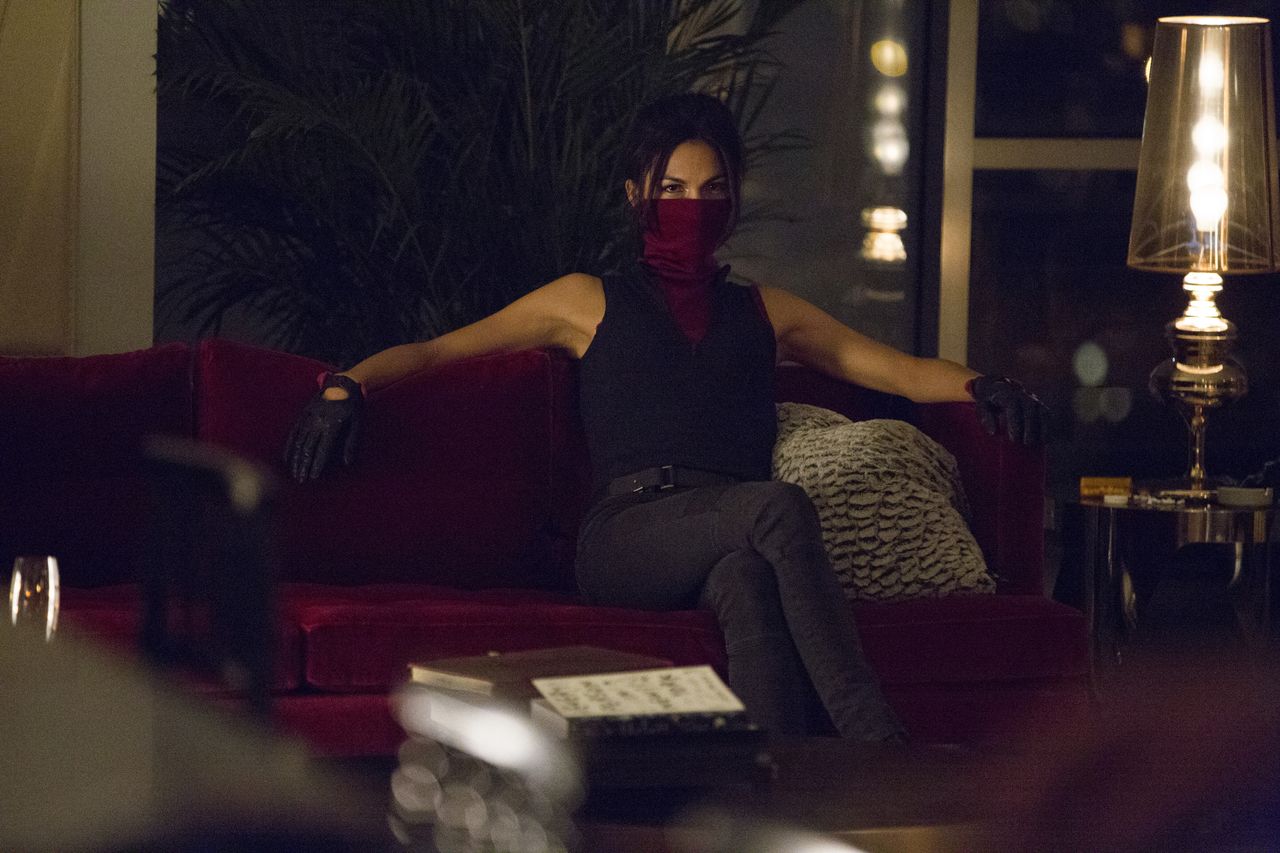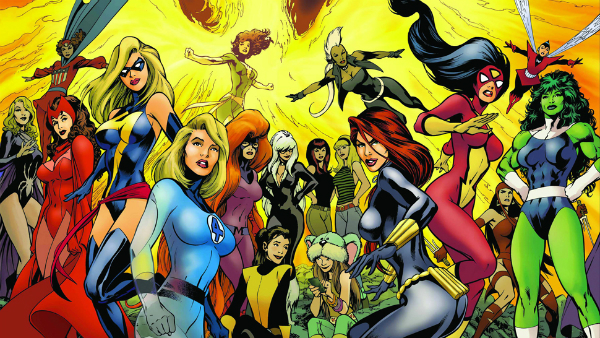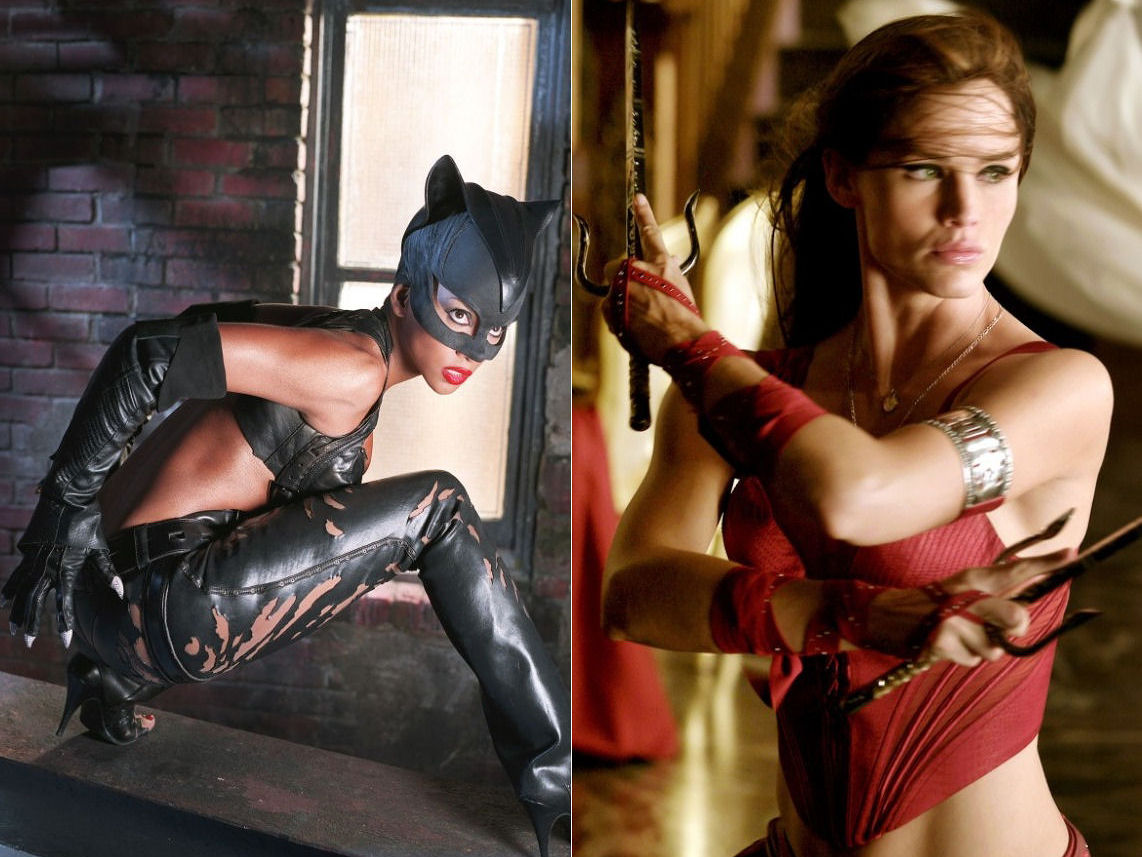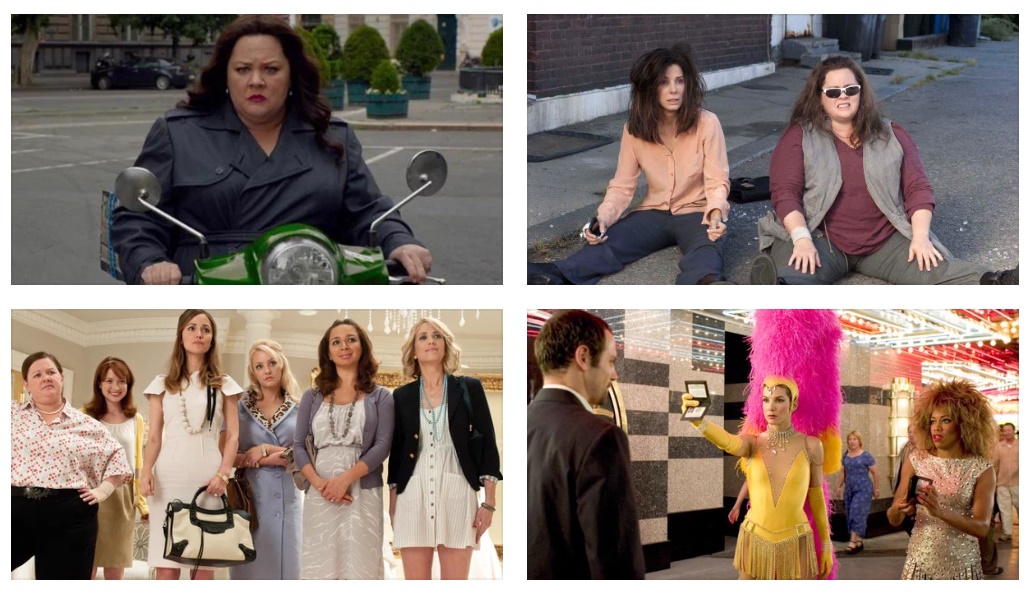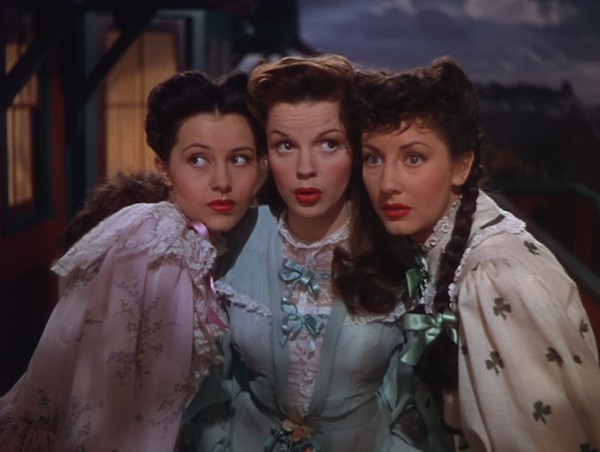Stop the Fridging: The Invisible Feminism of ‘Arrow’
So while ‘Arrow’ seems pretty reluctant to move away from the traditional stance on women existing to be love interests and to be rescued, the individual female characters themselves sometimes show some hints of progressiveness… if only they’d be allowed to live long enough!
